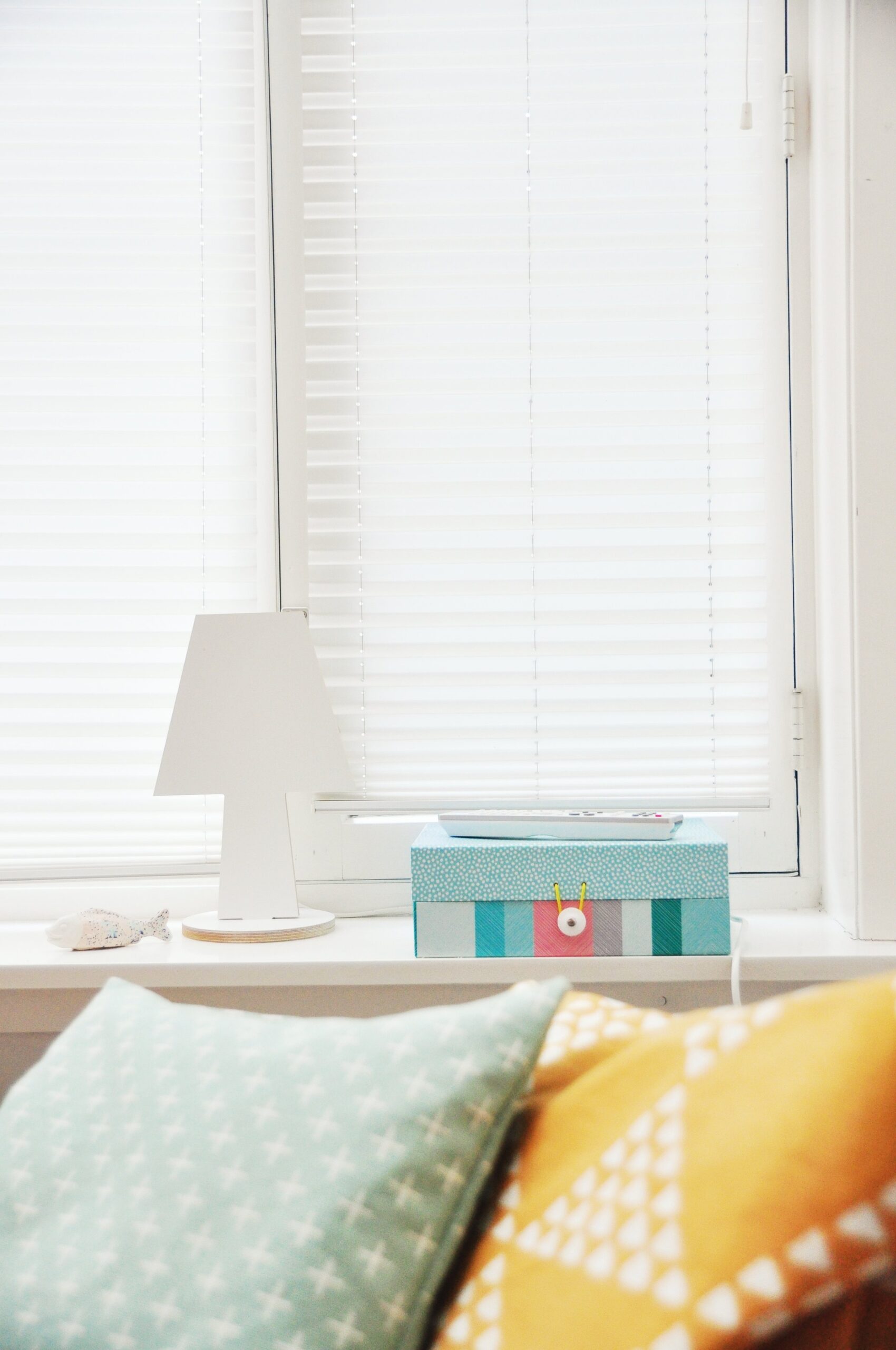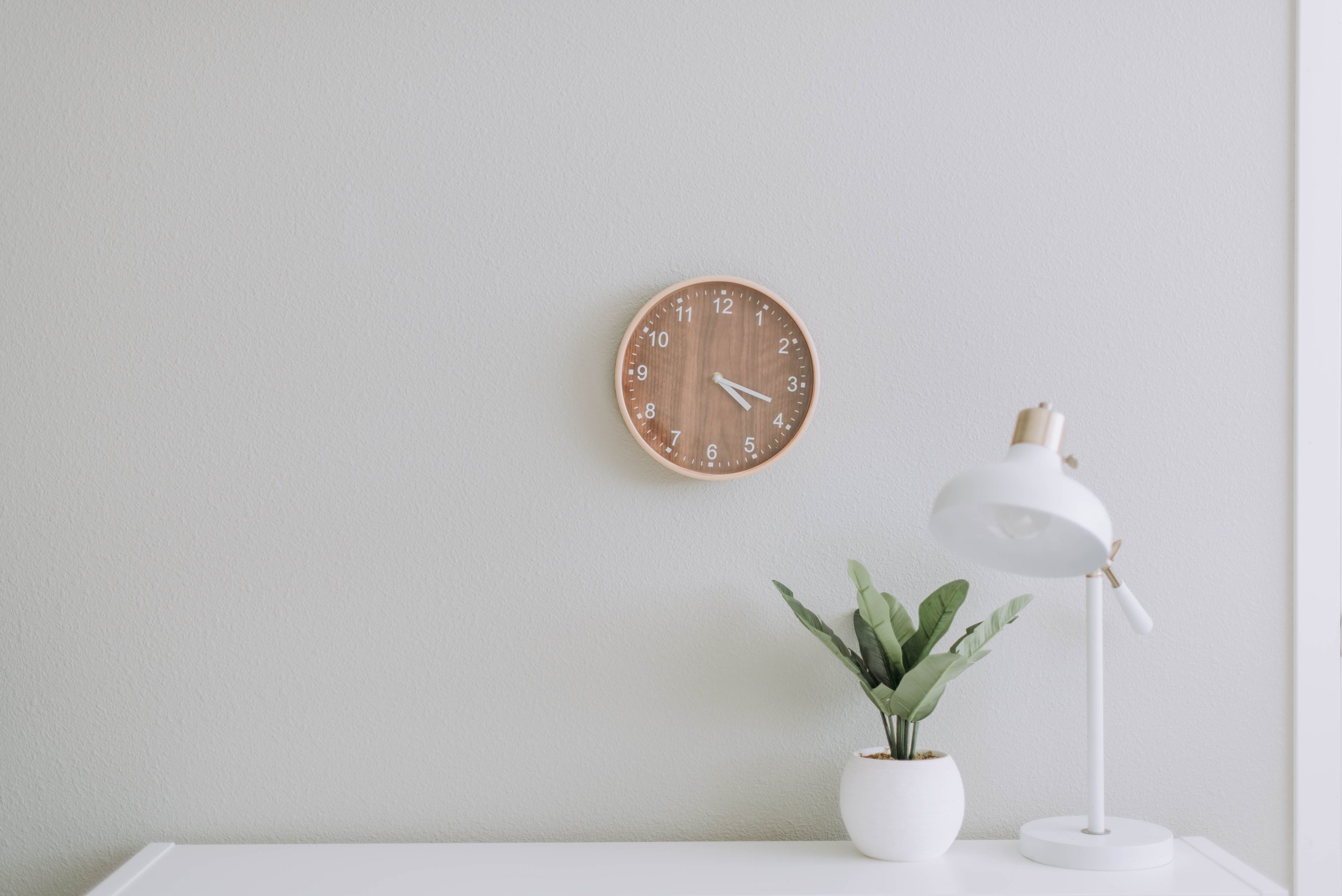Depression

Behavioral activation (BA) is used in behavioral therapy to help treat depression. It is based on applied behavior analysis psychological model of behavior change.

In Dialectical Behavior Therapy (DBT), distress tolerance skills are utilized when a situation is likely not going to change. It helps us to cope and survive in crisis by allowing us to tolerate the short or long term emotional pain.

A hope box is something you can create for when you need a reminder of why your life is so precious. This technique is often used in cognitive-behavioral therapy (CBT) to cultivate hope. It is simply a collection of various items that can show you that your life is meaningful and worth living.

Although many are skeptical about the effectiveness of hypnosis, it may be the answer to some of the mental health problems you’re facing.

Good communication is essential towards any high quality relationship. Here are 15 quick and simple tips that you can use to help build your communication skills.

Emotions can get the best of everyone at times. We tend to lose control of our emotions during an argument, after a personal failure, or when we are concerned about a loved ones. If we leave our emotions unchecked, it can lead to regretful actions or words used in the heat of the moment. And it is not always our anger or sadness that has the ability to lead us to bad decisions, it can be happiness or excitement in certain contexts, if not regulated. Have you ever made a plan with someone based off being in an exceptionally good mood, only to realize the next day you have little interest in fulfilling your new obligation? This is where emotional regulation comes in.

Life is very much like a roller coaster – full of ups and downs. At some point or another you may find yourself going through one of those low points. Whether it’s the lose of a job, an addiction, or perhaps something entirely out of your control – life happens and sometimes you can’t always avoid it. So what can you do to bounce yourself back to a better place? Here are a few suggestions.

According to the CDC (link), 1 in 5 women experience postpartum depression. Unfortunately, many women do not realize they have it and/or do not report it, so the actual number is probably greater. If you think you may be experiencing postpartum depression, try some of these tips.

